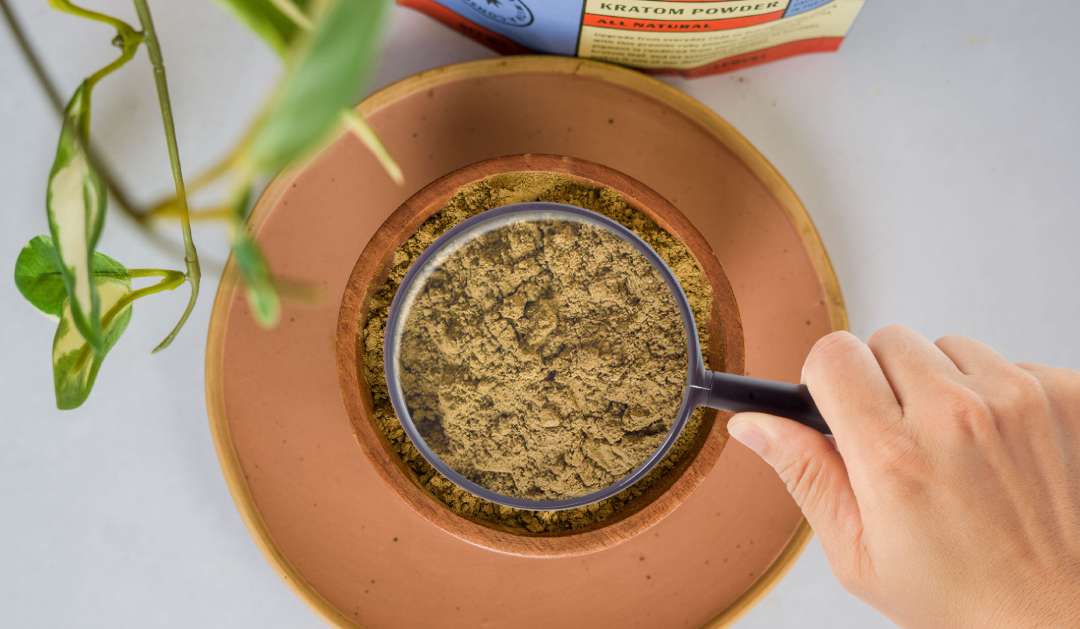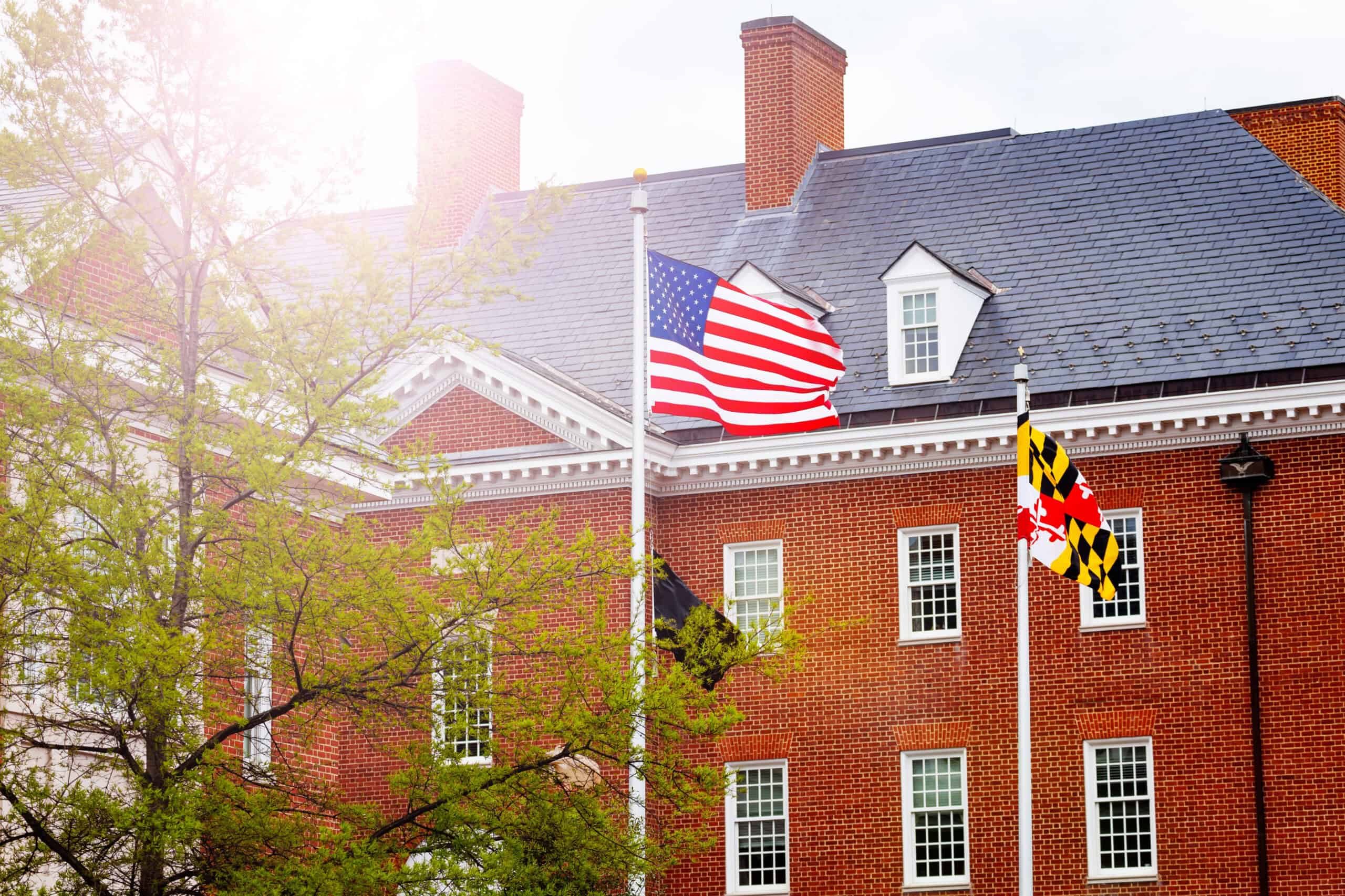South Carolina Kratom Ban Expires: A Victory for Kratom Advocacy
SOUTH CAROLINA KRATOM BAN EXPIRES: A VICTORY FOR KRATOM ADVOCACY

Legislators in South Carolina had a unique approach and a broad coalition behind an effort to schedule kratom in the state. What they didn’t have was the support to make the South Carolina kratom ban bill a law.
Recent momentum in the realm of kratom policy has skewed in the favor of advocates, leading to opponents of the plant looking for new avenues of opposition. In South Carolina, an approach to scheduling was proposed in the state house. It still wasn’t enough, with the measure failing to clear its first hurdle, which squashed any hopes of taking action against kratom during this legislative session.
Despite having 18 initial sponsors, H3742 stalled out in the House Judiciary Committee, showing a lack of appetite in the face of a unique attempt at controlling kratom. Unlike other states that have outright banned the plant or listed its active alkaloids as Schedule I substances, South Carolina’s proposed legislation took a different approach. The bill aimed to classify kratom as a Schedule IV substance, thus restricting access to it, despite it not being scheduled at the federal level.
The only action with the bill was the addition of 21 sponsors, bringing the total number to 39 legislators who had signed on to support the bill. South Carolina’s House of Representatives currently seats 124 members in each session.
With no action at the committee level or in the bill’s chamber of origin, the proposed legislation was effectively dead, before the matter was officially brought to a conclusion with the end of South Carolina’s legislative session on June 15.
What was unique about this was the nature of the scheduling attempt. In a flurry of actions ranging from 2015-2017, the Food and Drug Administration influenced six states to take action and schedule kratom as Schedule I in anticipation of action at the federal level. When the time came to schedule kratom, the Drug Enforcement Agency withdrew its proposed action, and a later attempt at scheduling failed to meet the criteria necessary for action.

Later, the FDA would even attempt to take its evidence to the United Nations, who also refused to take action against kratom.
By attempting to schedule kratom in a different category, lawmakers in South Carolina were trying to follow the lead of the FDA, but at the same time leaning into the prevailing science around the plant. Per both state and federal guidance, schedule IV substances, such as Xanax, Valium and Tramadol, are deemed to have “a low potential for abuse and low risk of dependence.”
At various hearings around the country, advocates for kratom have contended that kratom products are falsely labeled with “addiction” potential, instead saying the only risk comes from risk of dependence. Perhaps that was the logic behind a bill attempting to classify kratom in a low-risk category of scheduled substances–the only issue is that it flies in the face of legislative attempts in different states to regulate kratom.
Nearly every version of what the American Kratom Association calls Kratom Consumer Protection Acts has been a cooperative effort between the consumer advocacy group and lawmakers to establish rules around manufacture and sale of the plant-derived product. Even when lawmakers decide against strict regulation and rules, the majority of KCPAs that have become law include language labeling kratom as a food product and a dietary ingredient. Representatives from the AKA have contended in multiple hearings that the prevailing science tells a different story.
Similar to a cup of coffee, advocates contend, kratom has been used around the globe as a part of consumers daily routine, rather than for any specific use.
Kratom advocates have argued that dietary ingredients, especially ones that don’t meet the criteria for scheduling, do not belong among medications and substances with accepted medical use.
It appears lawmakers agree with the advocates. By letting the proposed kratom ban bill expire, legislators in South Carolina showed a lack of appetite to schedule kratom at any level, and became the fourth state this year to reject an attempt to ban the plant at the state level.
Latest News

Comprehensive Kratom Regulations Held Up by California Committee

American Herbal Products Association Includes Kratom in Latest Edition of Botanical Safety Handbook

‘Embarrassingly poor evidence and data’: Looking at the Legacy of the Letter that Squashed Kratom Ban

“Do It The Right Way”: How Super Speciosa Became Part of Groundbreaking FDA Study

Virginia’s Unique Attempt to Ban Kratom Shut Down by Advocates

Advocates Seek Changes to New Georgia Kratom Law Due to Legal Loopholes

Fatal Crash in Rankin County Fuels the Fire of Kratom Debate in Mississippi

Tangipahoa Parish Rejects Kratom Ban: Focus Shifts to Regulation and Research

Maryland Becomes 13th State to Enact Kratom Protections, Setting a New Standard

Rhode Island’s Kratom Legalization Veto: A Setback for Advocates

Local Kratom Bans: Law Enforcement Overreach and Lack of Science

Rhode Island's Veto: A Setback for Kratom Legalization Efforts

Kratom Debate: Victory Against Ban in Chicago Suburb

Kentucky Becomes the 12th State to Codify Kratom Protections for Customers

Kratom Legalization: Local Battles and Consumer Compromises in Massachusetts

